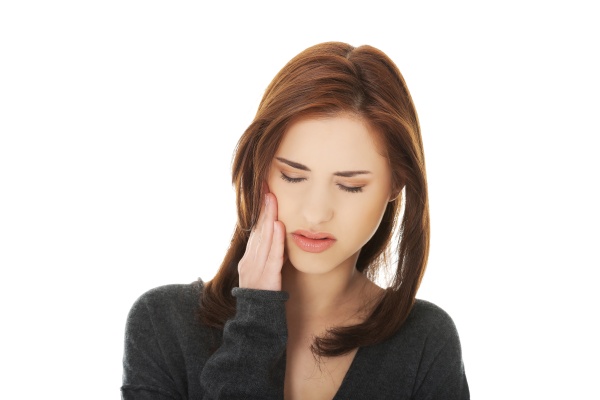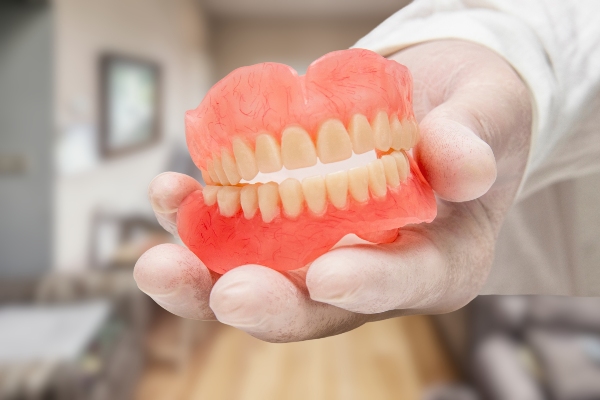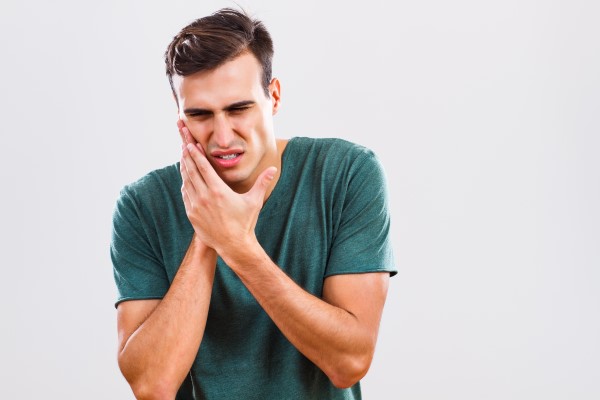Teeth Grinding: How Do I Know if I Am Grinding My Teeth at Night?

Teeth grinding episodes often go unnoticed because they happen at night while you sleep. You will not even realize you are doing it in many cases. If you are a severe teeth grinder, the signs will come in the morning when you have a headache and experience pain and dullness in your face and jaw. Your partner or spouse might also complain about your condition as a sleep disrupter.
However, not all cases are severe, and if you suffer from mild to moderate bruxism, you may find it harder to identify your issue. In cases like these, the symptoms might consist of teeth chipping, filling deterioration and other more subtle signs. You should contact a dental professional who can help you explore solutions.
Signs of nocturnal teeth grinding
Small children are expected to experience sleep bruxism at some point during their development. It is a phase that comes and goes in most cases. However, some adults pick the habit up due to stress, sleep disorders or orthodontic abnormalities. Severe cases often demonstrate visible signs which are noticeable not only to the individual but to their partner or spouse. Mild to moderate cases of sleep bruxism require a better understanding of the condition. These are some of the signs of night bruxism:
Cracked teeth
A cracked or chipped tooth is not always immediately noticeable. A trip to the dentist might reveal that such an incident has occurred. Teeth clenching is one of the most common causes of chipped teeth. Addressing the problem is important because the symptoms can worsen over time. Some patients even experience tooth crown deterioration.
Deteriorating fillings
Teeth fillings serve a purpose but are rendered useless if deteriorated from nocturnal teeth clenching. Much like cracked or chipped teeth, filling failures are not always apparent. For this reason, regular trips to the dentist are recommended for anyone but especially for those who suspect to have night bruxism.
Headaches
Waking up with a headache is not uncommon for anyone, even to those who do not clench their teeth at night. With that said, headaches experienced in alignment with other symptoms are often an indication of sleep bruxism. Those who suffer from headaches, along with the other symptoms presented, can draw a correlation between them. When jaw pain is also present, the problem is referred to as TMJ headache.
Jaw pain
Pain in the jaw is one of the most apparent signs of night bruxism. It typically shows itself in the morning but can last throughout the entire day. Unlike other symptoms of teeth clenching, jaw pain is not subtle. A TMJ headache might accompany this symptom, along with moderate to severe facial discomfort. When bruxism reaches this point, it should be treated by a dental professional.
Reach out to a dentist in your area
You have learned how to identify the signs of night teeth grinding. Chipped teeth and filling deterioration are not easily noticed but can lead to long-term issues. While mild cases might have subtle symptoms, severe cases will cause jaw pain and facial discomfort. Clenching teeth at night can disturb your sleep schedule along with that of your partner. You might even suffer from debilitating headaches in the mornings. Contact a dentist to learn more.
Request an appointment here: https://brimhalldentalgroup.com or call Brimhall Dental Group at (661) 249-1122 for an appointment in our Bakersfield office.
Check out what others are saying about our services on Yelp: Read our Yelp reviews.
Recent Posts
Dentures are a popular teeth replacement solution that can improve the function and appearance of your smile. They are designed to look like natural teeth and consist of different materials, such as acrylic and metal. Whether you are new to dentures or have been wearing them for years, it is important to properly care for…
When sudden dental pain occurs, an emergency dentist can provide critical relief and timely treatment. A toothache often appears unexpectedly, disrupting daily activities or restful sleep at night, signaling that you need urgent dental care. Understanding what steps to take when this type of pain occurs can help prevent further complications to your teeth and…
Dentures will give you the freedom to smile, speak, and eat well. These custom-fit restorations can provide comfort while wearing them. Knowing how these restorations can help your appearance, you can make informed decisions before your treatment. Here are the details on how dentures can enhance your smile.Dentures can replace missing teeth and can be…
Dentures are durable and effective teeth replacements. However, even the most reliable dental devices may start to fit differently over time. This may be caused by changes in the jaw or something as simple as everyday wear and tear. Fortunately, we can reline dentures so that they feel like new again.Relining is a process in…


